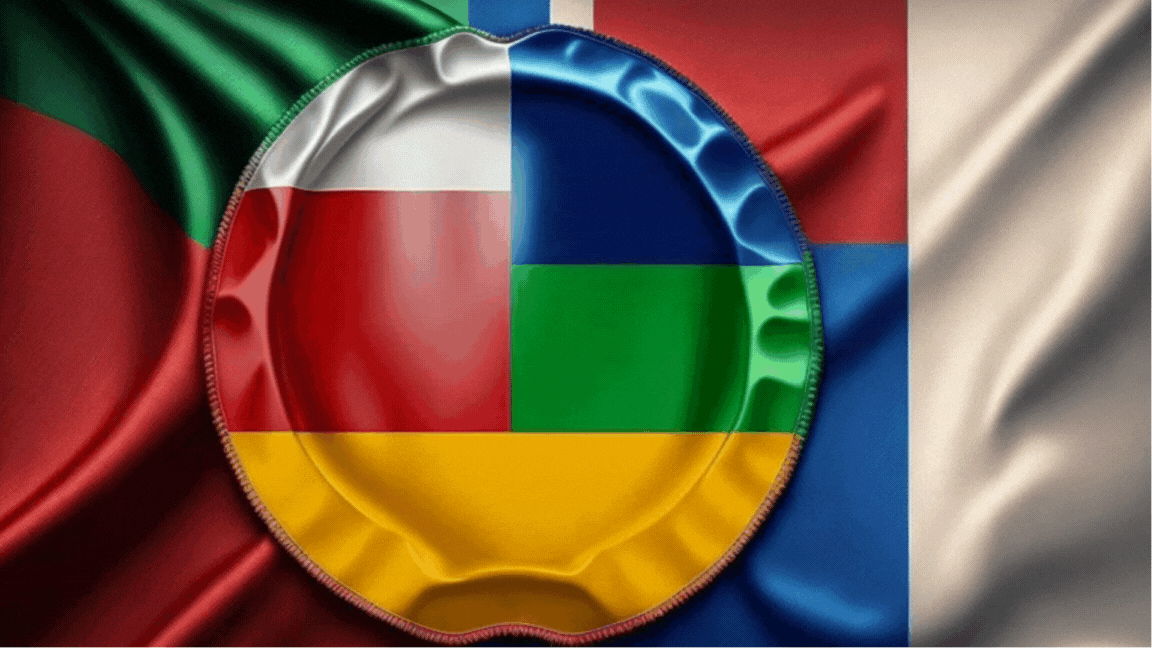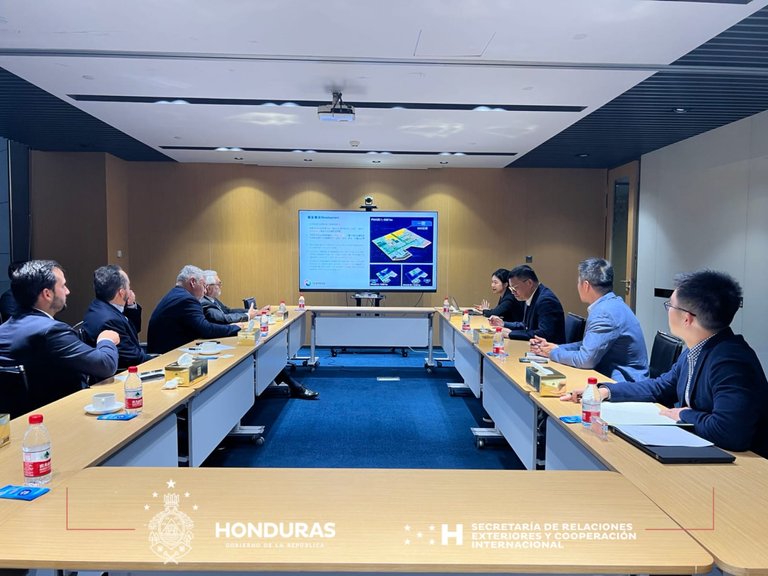
Edited with Canva.
Brazil
The configuration of the supply chain is a fascinating subject. Today, in my daily tour of dozens of news agency cables, I came across a note explaining how a U.S. company is influencing—at least indirectly—the deforestation of the Amazonia, a critical ecosystem not only for the Americas but also for the global climate balance. The thing is that U.S.-based Parker-Migliorini International (PMI Foods) handles much of the supply of Brazilian beef going to China, which imported more than $8 billion from its giant South American peer last year. The problem is that much of the cattle graze on deforested lands in the Amazonia, which have been occupied with staggering impunity for years by Brazilian ranchers. I am very concerned about the level of inefficiency of the government to solve a problem that also hangs over the negotiations between the European Union and MERCOSUR, a powerful bloc made up of Argentina, Paraguay, Brazil, and Uruguay.

Source
There is strong environmental activism demanding that high-volume meat production behemoths like JBS—the largest processor worldwide—don't buy cattle from disputed lands. But PMI sells about 726,000 tons of meat, seafood, and eggs worldwide annually, calling on JBS as its critical supplier for the former, with shipments over the past ten years valued at more than $600 million. It also tends to buy from Marfrig, another major producer based in Brazil, which was denied a loan by the Inter-American Development Bank just over a year ago due to allegations that it was buying cattle raised on illegally occupied land in the Amazonia. PMI defends that its main objective is to "feed the people", offloading most of the environmental responsibility onto the Brazilian authorities, who, it rightly says, should enforce environmental regulations. I don't believe that the solution lies in the extremism proposed by certain groups advocating that society should limit itself in consuming beef or dairy products, but in ensuring that the climate balance does not suffer by applying science and innovation.
Sad development: eight Venezuelan children die in a fire in Chile
After the mega-crisis that Venezuela has been experiencing for some time, which began in politics but then has left bloody consequences for the national and individual economy, many citizens left in recent years for countries such as Chile or Perú, especially when COVID-19 was at its worst. This year we have been following the return of dozens of them to their native country, because life in those destinations was not as pleasant as they presumed, being the object of stigmas and discrimination. There was an important diplomatic crisis during April and May between the countries mentioned, if you remember, due to the handling of the situation of many Venezuelans who could no longer stand what they were passing through indistinctly in one or the other. But a lot remain there living in very difficult conditions, overcrowded, in shabby housing, in the most marginal and vulnerable areas of these countries. This is the case of those who make up a Venezuelan community in Chile, where 14 of Bolívar's sons died this Monday night in a fire, most of them minors between the ages of 4 and 13 years old. Did they live better there than in their natural land with all its unfathomable difficulties? The cause of the fire has not yet been announced, although the overheating of a stove was mentioned as a hypothesis.

Source
Chinese company invests in Honduras to sell in the U.S.
Back to the supply chain issue, although the roles have been reversed. If above we saw—environmental reserves through—a US company investing/buying in Brazil to sell in China, now we come across a company from the Asian giant, TexHong, which invests heavily in the Honduran textile industry to sell its products mainly in the United States. The company plans to inject 400 million dollars into the textile infrastructure of a country that only this year pleased Beijing by closing the door to Taiwan, which always generates awards signed by Xi Jinping. Washington maintains an open pulse with China for planting commercial and financial colonies in the region. Still, in my view, its response is more rhetorical—anchored in the perhaps historic symbolism of its power—than practical. The White House and Congress rant, but China continues to put dollars in motion to solve the urgent problems of a region in crisis, on the run indeed. The announced project should generate about 7,000 jobs.

A Honduran delegation at TexHong's headquarters in Shanghai (source).
Ecuador continues "swimming" in a sea of insecurity
Five people were killed on Sunday night by attackers who mercilessly unloaded their rifles on them in the middle of a public street, in a municipality of the department of Bolívar. The mayor of the town demanded that the government take the necessary measures "to prevent organized crime from continuing to take over every corner". In the even more violent province of Guayas, four people had also been killed on Saturday, according to EFE. It remains to be seen how the young president-elect Daniel Noboa manages to have a positive and swift effect on the solution of an insecurity crisis unparalleled in the country's history, fueled by the profitable drug market (would these violent events be "welcome" signals sent to him?). The penitentiary system, a key piece here, also threatens to become tense "again". It is said that by the end of the year, a rate of 40 homicides per 100,000 inhabitants could be registered. Let's hope not.
Briefs
Instead of a conversation with full protocol in the Oval Office and the classic witness fireplace in the official photo, President Dina Boluarte could only pull off a hurried hallway encounter with Joe Biden while her visit to the U.S. country. The rudeness has been so expensive for the pride of the country that it cost the permanence in the office of the already former Foreign Minister Ana Cecilia Gervasi. The Congress claimed that the permission to leave the country extended in favor of Boluarte, implied the effective development of a meeting.
The Colombian Army withdraws from its searching for the father of Colombian soccer player Luis Díaz, who was kidnapped on Saturday, October 28 by a structure of the National Liberation Army (ELN in Spanish). The armed organization says it was a kidnapping—openly used as a method of financing—where the wrong victim was taken. With their withdrawal, the military forces intended to facilitate Mr. Diaz's release, because the ELN said that the militarization of the area was inconsistent with the implementation of a plan to set him free.
And this is all for our one-hundred-fourteenth report. I have referenced the sources dynamically in the text, and remember you can learn how and where to follow the LATAM trail news by reading my work here. Have a nice day.

Edited with Canva.

Yay! 🤗
Your content has been boosted with Ecency Points, by @limonta.
Use Ecency daily to boost your growth on platform!
Support Ecency
Vote for new Proposal
Delegate HP and earn more